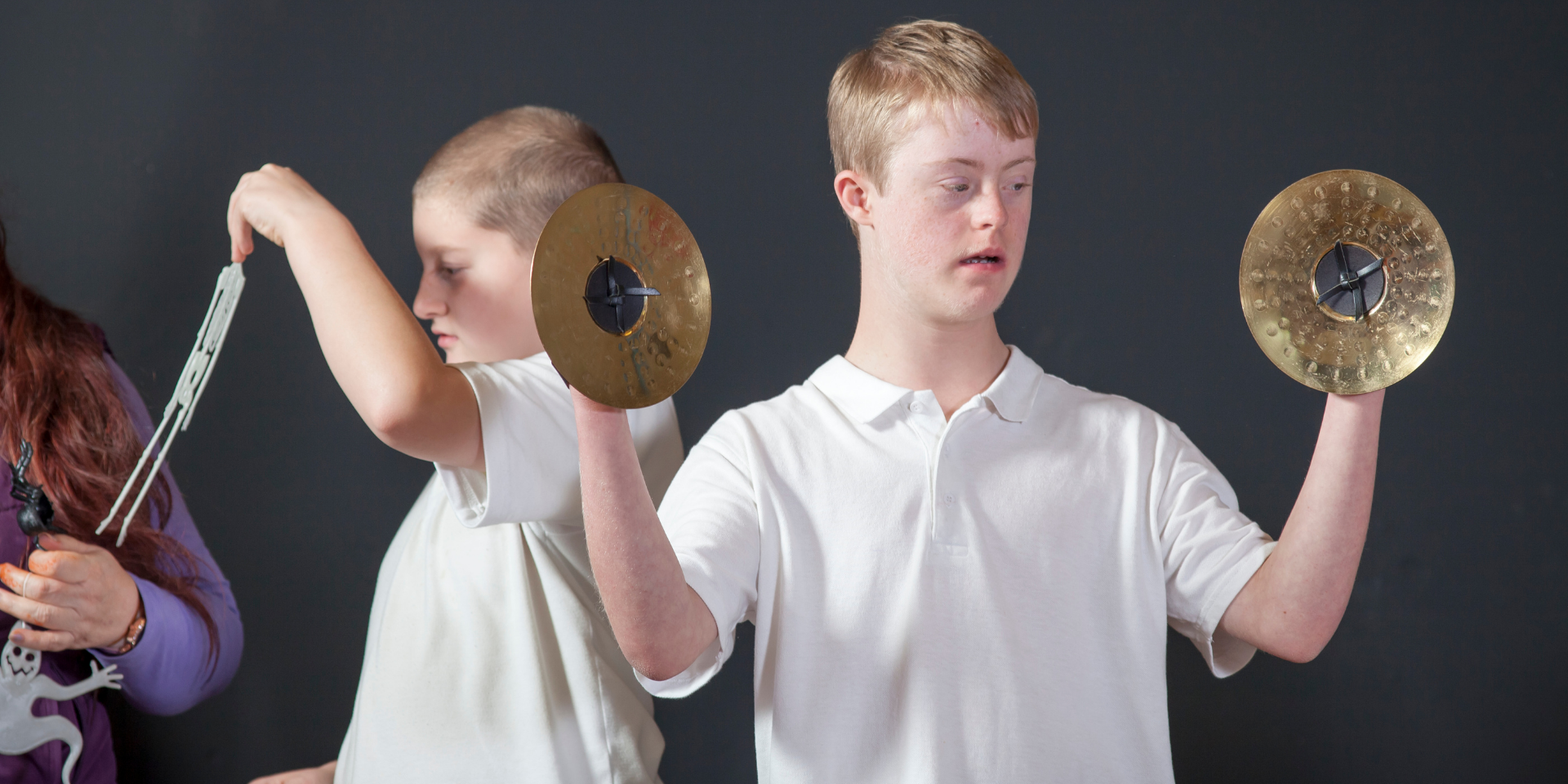
Exploring Global Melodies: A Journey Through Trinity’s Repertoire
BY: Samantha Steele
26 June 2024
The Fête de la Musique, also known in English as World Music Day, is an annual music celebration that takes place on 21 June. On World Music Day, citizens and residents are urged to play music outside, in their neighbourhoods or in public spaces and parks. The universal language of music allows exploration of global melodies, and this is reflected in some of the choices available in Trinity repertoire. So, let us take a look...
Mango Walk –Traditional arr. Mohrs (Flute Grade 2)
Featured in the Grade 2 flute repertoire is Mango Walk, a children's Jamaican folk song about taking a mango from an orchard. In this arrangement, the music features the lively Caribbean style of calypso, a style from the island of Trinidad and Tobago, with lots of syncopated rhythms and lively energy. Many will be familiar with the melody having heard it as a song by Harry Belafonte or as a piano duet with a Rhumba twist.
Auld Lang Syne – Traditional arr. Sebba (Bassoon Grade 1)
Auld Lang Syne, which translates as 'old long since' or ‘days gone by’, is a traditional Scottish song often sung in English-speaking countries on New Year's Eve at the strike of midnight to bid farewell to the old new year and welcome in the new. It originates from a poem by Robert Burns, Scotland’s most famous poet and lyricist, and was set to a traditional tune in 1788. Whilst Scottish melodies are written using various scales, the pentatonic scale is commonly found in Scottish folk music, which is also found in Auld Lang Syne.
Manodharma (Solo) no.12 – Subramaniam (Violin: Grade 3)
Manodharma is written by Subranianiam Lakshminarayana an Indian violinist, composer, and conductor. In Sanskrit, Manodharma means ‘improvisation’ and the piece uses a raga, which is an Indian scale, as a structure for the melody. This composition also introduces improvisation by giving the soloist a few bars in which to explore their own creative ideas.
Tango from Espana, op. 165 no.2 – Albeniz (Trumpet/Cornet/Flugelhorn: Grade 5)
Tango is a style of music that originates from Argentina and Uruguay, it is recognised through its use of Latin rhythms and its intense melodies. The piece is by Spanish composer Isaac Albeniz who was famous for his virtuosic piano music which encapsulates the harmonies of Spanish folk music and its famous rhythms. In this piece, the piano provides the strong typical tango-esque accompaniment whilst the trumpet colours the air with the tango melodies.
Ojuju Calabar – Yarrison (Clarinet: Grade 6)
Yarrison is a Nigerian composer whose composition Ojuju Calabar encapsulates traditional West African cross-rhythms with the piano accompaniment playing triplets against crotchets. The clarinet melody has hints of call and response with the rhythm of the piano, which is typical of West African music. Whilst Yarrison studied in America, the musical ideas in this piece are inspired by north African folk instruments.
Etude in Bossa (4) – Rosauro (Tuned Percussion: Vibraphone: Grade 6)
Rosauro is a Brazilian composer and percussionist and in our tuned percussion repertoire list the Brazilian style of bossa nova is captured in the Etude in Bossa. The piece makes use of extended chords that use 7ths and 9ths which is common in bossa nova music and makes use of the syncopated rhythms associated with the rhythms of the claves.
Gongke wanbi taiyang xi – Traditional arr. Marsh (Singing Grade 1)
The Chinese folk song, with pinyin written for the second verse giving the candidate the opportunity to sing in Mandarin, has been arranged by Lin Marsh as part of her collection of songs from around the world. The Mandarin text allows the candidate to add a layer of authenticity to the traditional song. In this piece we again find use of the pentatonic scale for the melody,, which is commonly used in traditional Chinese music.
These are a snapshot of the global melodies contained across Trinity College of London repertoire lists, if you want to find out more about our repertoire lists then click here. If you wish to stay up to date with our syllabuses, then sign up to our newsletter.

.jpg)

%20(1).jpg)
Comments & Replies